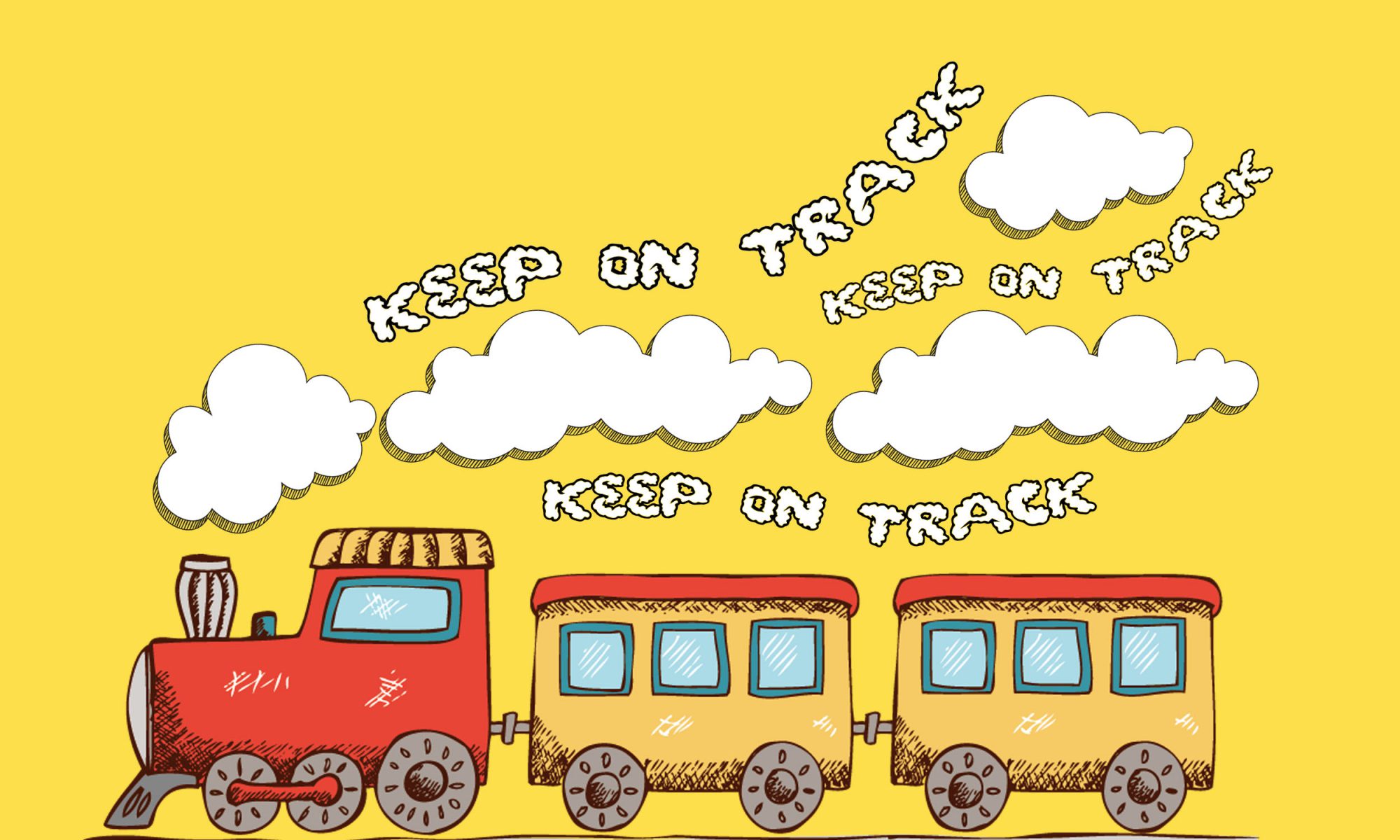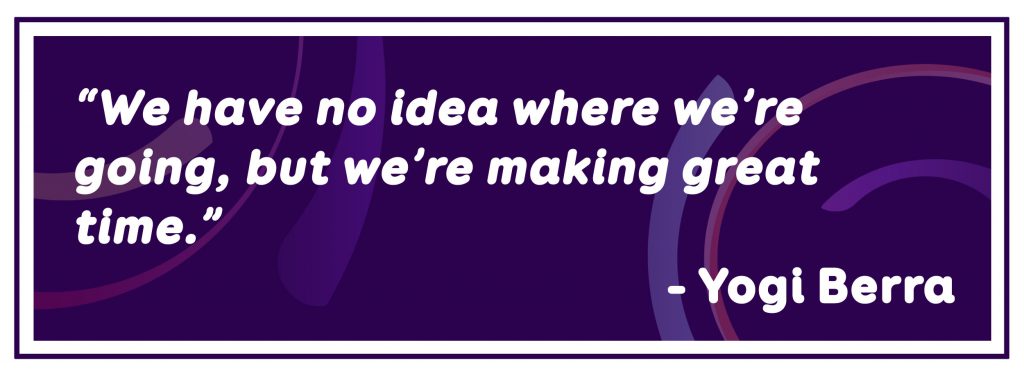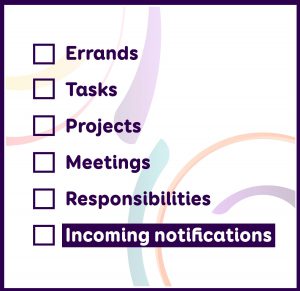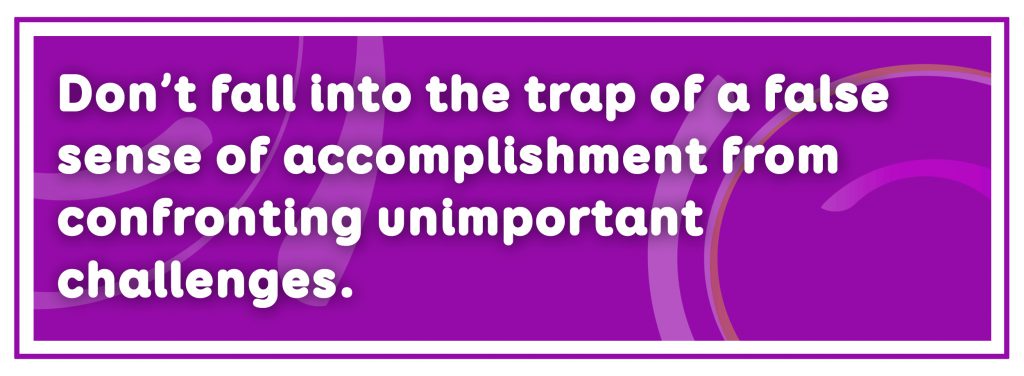Routine is a fundamental part of our lives from day one. As infants, routines promote positive habits and provide structure and—come those toddler years—discipline. When you were a kid, you probably remember your daily routine of brushing your teeth and getting ready for school. And in the afternoons, homework always came before play time, right?
In our adult lives, creating and sticking to routines is not at the top of everyone’s list. In fact, we’re a lot more concerned with “plans” than we are with routines.
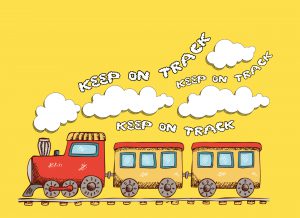
We all know that keeping life “on track” as an adult is a lot more complicated than it was as a kid, too—there are so many moving parts! We have a long list of commitments, deadlines and responsibilities across our work and personal lives. In order to do it all and still have some free time on the side, plans and routines are both essential.
“Plan” is the buzzword, but plans plus routines are the more powerful combination.
Keeping track of every detail of every day is impossible. Even if you manage to remember everything on your “to-do” list, the reality of life’s unpredictability will step in to present you with unforeseen challenges and opportunities. Keeping your life “on track” does not mean successfully controlling everything. In fact, it’s really about building plans and routines that keep you accountable to your commitments and push you to unlock your full potential even when the unexpected does come up.
Keeping life “on track” is a handy little metaphor, too, because it sets you in proverbial motion. You’re a locomotor flying down the tracks to happiness, freedom and productivity. That elixir of routines plus planning provides a set of everyday instructions that ultimately allow you to make the best of the most valuable resource of all: time.

How to create structure and discipline handling “everyday stuff”
A life with no discipline can pose a pretty insurmountable burden when working to achieve your goals. Let’s be honest—life is rarely easy. On a daily basis you have work commitments, you try to schedule time for your friends or family, you think about your body and what kind of shape it’s in…the list goes on. If you don’t have any systems in your life to streamline things, you won’t consistently stick to any of it. The lack of routine is the very corrosion of discipline.
And while discipline is defined by routine, that’s just the aspect that aligns us to get where we planned to go. The real meaning of discipline is “to meet commitments.” Routine is simply what helps us along without forcing it so much!
So…how do you create routine, for discipline’s sake?
The Project Management Triangle can help us shed some light.
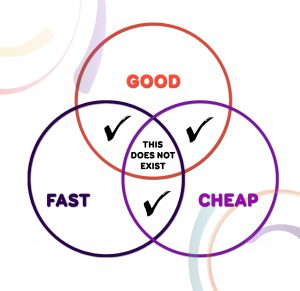
The Project Management Triangle has been around for decades, and in recent years has been especially popular to help startups decide how to go about development of apps or SaaS ideas. The basic premise is that project development can be any two of these three qualities (fast, good and cheap), but never all three.
Setting routines is about rolling out new habits, and requires some sincere effort on your part to get them started. The payoff later is a routine that enables you to stick to goals and deadlines without thinking so much about the daily steps along the way.
When trying to take on a new routine, if you set expectations that are too ambitious or unrealistic from the onset, that’s where routines fail to stick. This is a natural phenomenon that happens when you bite off more than you can chew, then don’t get it done, and then lose confidence as a consequence. With less confidence, you get even less done after that. The decline can destroy just about anyone.
Doesn’t it make sense, then, to set smaller goals at the onset and gradually increase them?
Coming back to the Project Management Triangle, you can look at the routines you want like new “programs” you’re “developing” into your daily life. You can focus on doing something well until the habit sticks, but maybe that means you won’t be doing it very fast. Or you can focus on doing it “cheaply” (in this metaphor, this means using a low volume of mental or physical energy), but that might mean you won’t do it well.
THIS IS OK.
If you focus on one micro-goal of the routine you want to make a “sticky habit,” you’ll set yourself up for a much more realistic goal that, in the end, will pay out with a routine you can really use.
How staying “on track” means becoming more productive
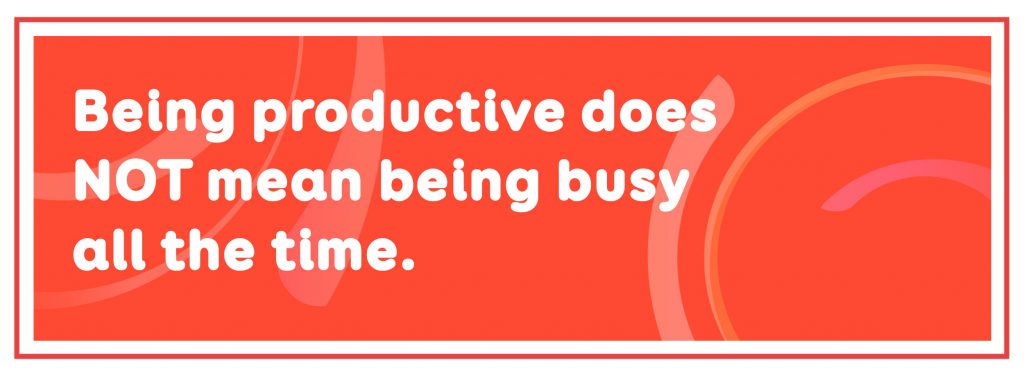
We can’t say this enough: being productive does NOT mean being busy all the time!
Imagine having to complete a project, any project. If you jump right in with zero planning, chances are that chaos will ensue. Once you’re four steps in, you’ll realize you don’t have the framework or approach to manage all the pieces, and the juggling will get rough. If you took a stab at where to start, you probably won’t know what comes next. In the end, it will take you more time to complete your project—IF you even complete it.

Now, let’s imagine a different scenario. Say you have to complete a project, but this time you break it into smaller segments and have a timeline for completing each one. You can easily see the advantage here. Staying on track is as much about watching where you’re going as it is about keeping momentum.
Planning helps us become more productive in life in general. We act with clear goals and steps in mind, and our responsibilities and commitments end up being checkboxes on a personalized course charted to our success.
Here at Sparkbox, we’re big fans of plans and routines. We’re even bigger fans of how these things play into larger projects and ideas.
If you’re capable of dreaming up an idea, we say you’re capable of committing to it. You can see it through to the end. Even if the idea started as a spark, that tiny snap! of heat that you’ve already fanned into a concept, and that’s enough to get a fire going. Keeping that idea on track (along with all other aspects of life that occupy your headspace) is a matter of a little routine with a touch of planning—and then you’re off to bigger things.
We’d love to hear how Sparkbox has become part of your daily routines. Are you a note taker? A content maker? If you haven’t already, see how storing all your content for all your ideas and projects can be easier and more rewarding on Sparkbox. Make it a routine, starting today.

